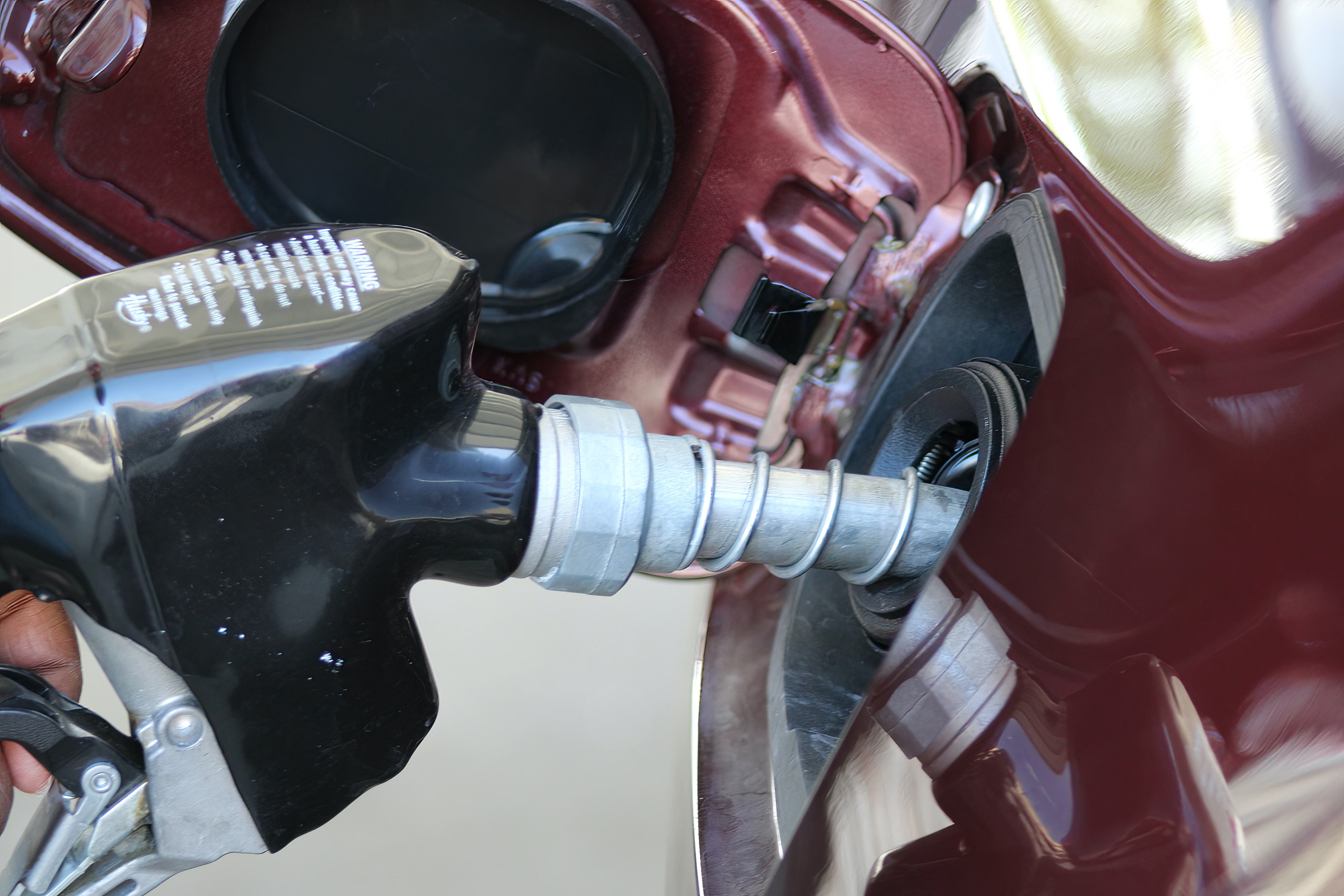Lately, I’m seeing all the warning signs that were evident in the 1970s. political unrest. Skyrocketing energy prices. High inflation. Dependence on foreign oil.
Which means a possible gasoline shortage.
I really don’t want to re-live the gasoline crises I went through in 1973 and 1979. Because this is what happens when you’re not energy independent.
While people in Alabama didn’t have to deal with the situation that we had in the New York area, it could happen here.
Back in ’73 gas was 29 cents a gallon when all of a sudden, wham! The OPEC oil embargo hit. The Middle East stopped selling to the United States. Seemingly overnight the price shot up to fifty cents! But that wasn’t the worst part.
It was hard to find a station that wasn’t out of gas.
People had topped off as soon as the embargo hit, leaving gasoline in short supply - which brought about one of the rare government strategies in a few states that actually worked.
The odd-even license plate rule.
Rather than have everyone try to buy gas at the same time, which was creating absolute chaos, people were divided into two groups. If your license plate ended in an even number, you could buy gas on even-numbered days. Same deal if your plate ended in an odd number. The 31st of any month was a free-for-all. The alphabet was divided in half for those with vanity plates.
Oh yeah, there was a limit as to how much you could buy.
Three bucks.
So if you had an empty gas tank and wanted a fill-up, you needed to visit more than one station and sit in multiple lines. Nice way to spend about three hours.
And the lines were off the charts. Stations that needed to close for the day had these magnetic signs that read “last car” and would place one on the tailgate of the last car in line. (Heaven help you if you were caught pulling up behind the last car, grabbing the sign and sticking it on your own car.)
After a week or so the lines got shorter thanks to the odd-even thing. But then, as is the case with any end-run around a government rule, people got creative.
One morning I got up to head to my college classes and found my license plate had changed. Apparently, my Dad was running on fumes and needed to get to work; it was an even-numbered day and I had the appropriate plate. Since his plate was an odd, he simply switched them. (It was not a good thing for all members of one family to have all evens or all odds. You may as well check your status now.)
After a while, the gas crisis ended. And we all thought, thank goodness we’ll never have to go through that again.
Uh, no.
Welcome to 1979! Disco is hot (which will actually become part of this story) and all the other factors are in place. Middle East unrest, check. Skyrocketing inflation, big check. Energy dependence, check.
And another gas crisis hit thanks to a revolution in Iran and oil producers who decided to stick it to the United States. Gas shot up to 99 cents!
We knew the routine. Back to the odd-even thing, long lines and rationing.
This time the long waits got more interesting. People started businesses on gas lines selling cupcakes, donuts, sandwiches and drinks to those stuck in line. One dance instructor held disco lessons. Imagine waiting to buy gas and seeing people boogie to the Bee Gees on the sidewalk at seven in the morning.
I was out of college now and planning to go out to dinner with a young lady I was seeing. But my car was on fumes. So the conversation went like this:
“I wanted to have dinner tonight, but…”
“What?”
“Well, I’m almost out of gas. And I’m an even.”
“I’m an odd. I can drive.”
Thankfully, that was the last gas crisis. No more switching plates, no more lines, no more “I’ll pick up the donuts while I’m waiting for gas.”
But the current situation gives me shivers. Inflation, check. Foreign unrest, check. Energy dependence, check.
When you give up energy independence, there can be serious consequences.
Other countries literally have you over a barrel.
Randy Tatano lives in Brewton and is the author of more than 20 novels, writing political thrillers under the pen name Nick Harlow, and romantic comedies as Nic Tatano. He spent 30 years working in television news as a local affiliate reporter and network field producer. The views and opinions expressed here are those of the author and do not necessarily reflect the policy or position of 1819 News. To comment, please send an email with your name and contact information to Commentary@1819News.com.










